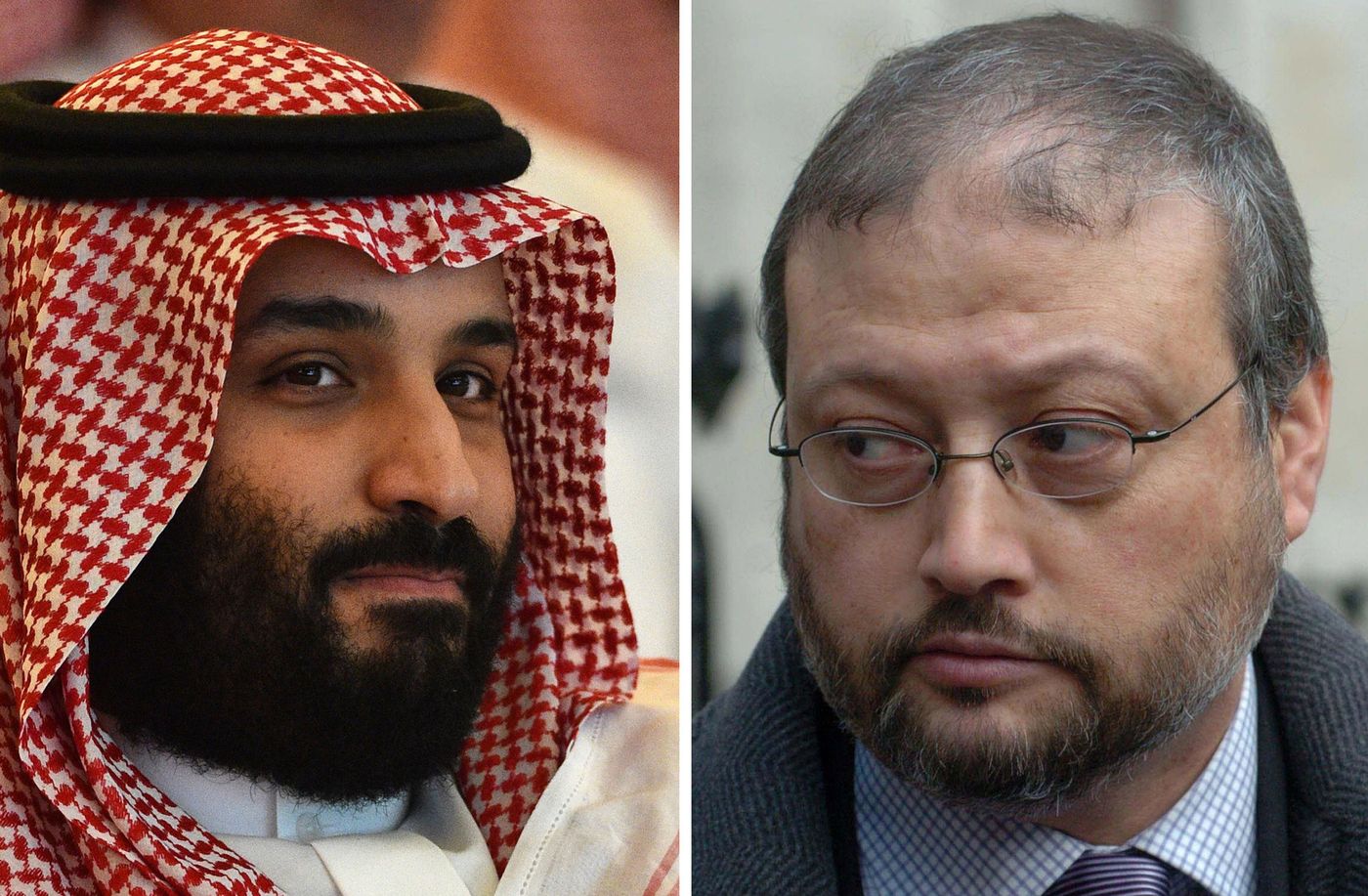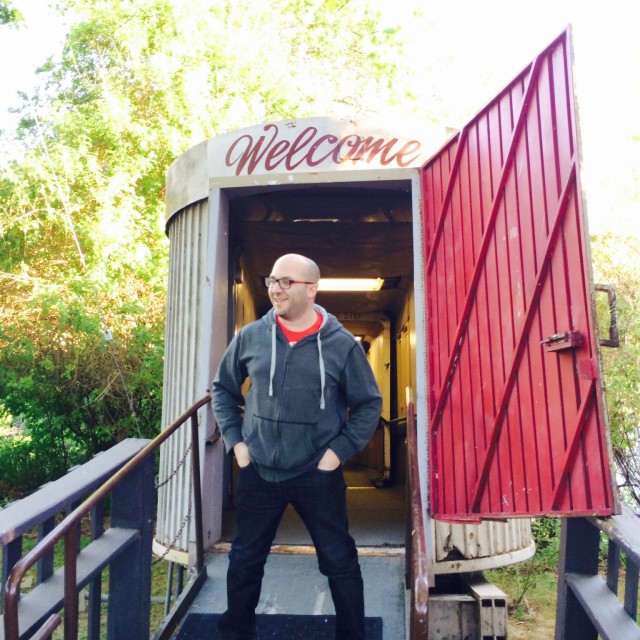
Over the past couple of weeks, I’ve been riveted by the saga of Jamal Khashoggi, the Washington Post columnist who ventured into the Saudi Arabian consulate in Istanbul on Oct. 2 and was never seen or heard from again.
Khashoggi was a former Saudi government insider, whose writings had been critical of the kingdom’s de facto leader, Crown Prince Mohammad bin Salman (cleverly branded as MBS). As it has been noted in the press coverage of this international incident, Khashoggi wasn’t exactly what you’d call a radical, just an impassioned patriot who was concerned about the direction his country was heading. Though MBS had been doing his best to promote himself on the worldwide stage as a progressive—even allowing women to drive, if you can imagine such a zany thing—behind the scenes, it appeared that the crown prince was making moves to consolidate his power and silence any dissenting voices. At first, Saudi Arabia denied any role in the journalist’s disappearance, but on Saturday, Oct. 20, the kingdom released a dubious statement sadly confirming what most people had rightfully expected, that Khashoggi had died in the consulate; however, the statement said that the death was accidental, occurring during some sort of interrogation gone wrong that turned into some kind of brawl. Never mind that Khashoggi was nearly 60, nor that there were apparently 15 or so members of this interrogation team (acting, I guess, on their own accord), nor that one of them was reportedly a forensics escort who just happened to have a bone saw … just in case?
Khashoggi had been living in self-imposed exile in Virginia as a legal resident. He feared that he would be in danger if he returned to his home country. Reportedly, he entered the consulate in Istanbul in order to obtain documents so that he could marry his fiancée, Hatice Cengiz, a Turkish national. She was waiting outside the consulate for Khashoggi, but he never emerged.
In her Oct. 13 op-ed for the New York Times, Cengiz lauded her fiancé’s patriotism.
“When people referred to him as a dissident, he would reject that definition,” she wrote. “‘I am an independent journalist using his pen for the good of his country,’ he would say. He left Saudi Arabia because it was the only way he could write and speak about issues and ideas that he cared about, and to work without compromising his dignity.”
At the risk of getting too self-referential, about a year ago, I wrote about MBS’s mad grab for power in Saudi Arabia. I noted his close ties to Jared Kushner and the Trump administration and wondered what, if anything, it all meant. It doesn’t seem like a coincidence that the president’s response to all this has been tepid. Clearly, there is a lot at stake. We’ve long turned a blind eye to what goes on in Saudi Arabia, because they buy arms from us and have lots of oil, lobbyists with deep pockets and are a rare ally in a tumultuous region of the world. So sure, it’s a delicate situation, but I thought this was the guy who was supposed to be all fire and brimstone and he was gonna call it like he sees it. He seems really good at calling women horseface on social media, yet is timid as a mouse when it comes to calling out people with real power and influence (unless, of course, they’re Americans). I’m not ready to subscribe to any conspiracy theories that Trump and company knew anything about MBS’s desire to apprehend Khashoggi or in some way facilitated this awful incident, but they don’t seem to be too concerned about it one way or the other. And that, in and of itself, is pretty disquieting.
Though Trump has been quick to point out that Khashoggi wasn’t a citizen, he was a legal resident. You’d think that any of us living and working here legally would be afforded some sort of assurance that our country, the most powerful in the world, at least of this writing, would have our backs. That doesn’t feel like the case here, though members of Congress on both sides of the aisle are putting pressure on the White House to muster a strong response. Maybe one will come. I’m not holding my breath, but I hope there will be, because if there isn’t, what happens next? People with ultimate power don’t seem to need much of an excuse to exercise that power. Journalists or not, that should be something we’re all concerned about.
**This column first appeared in print on page 30 of issue #277 (Oct. 24 – Nov. 7, 2018)**


Comments